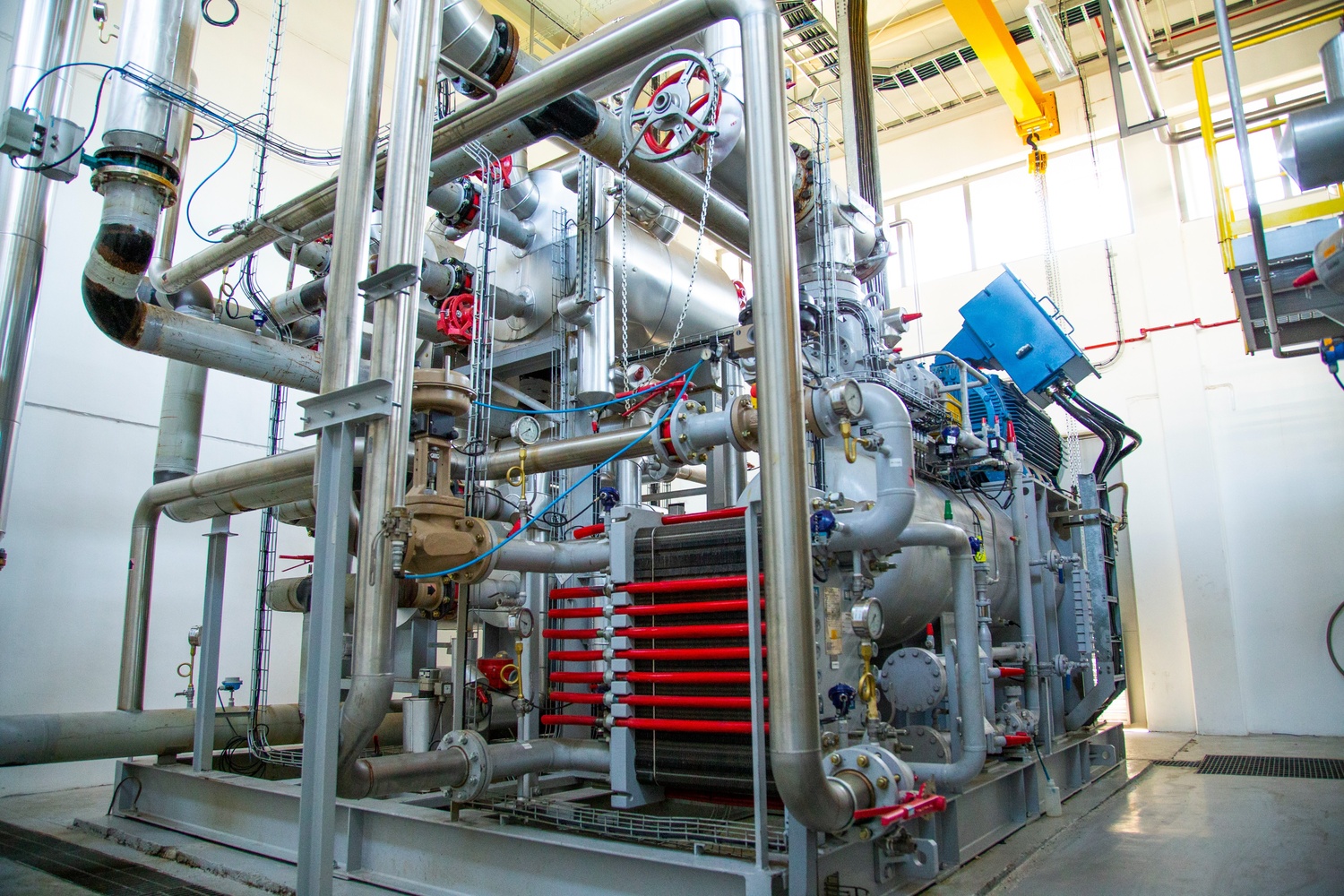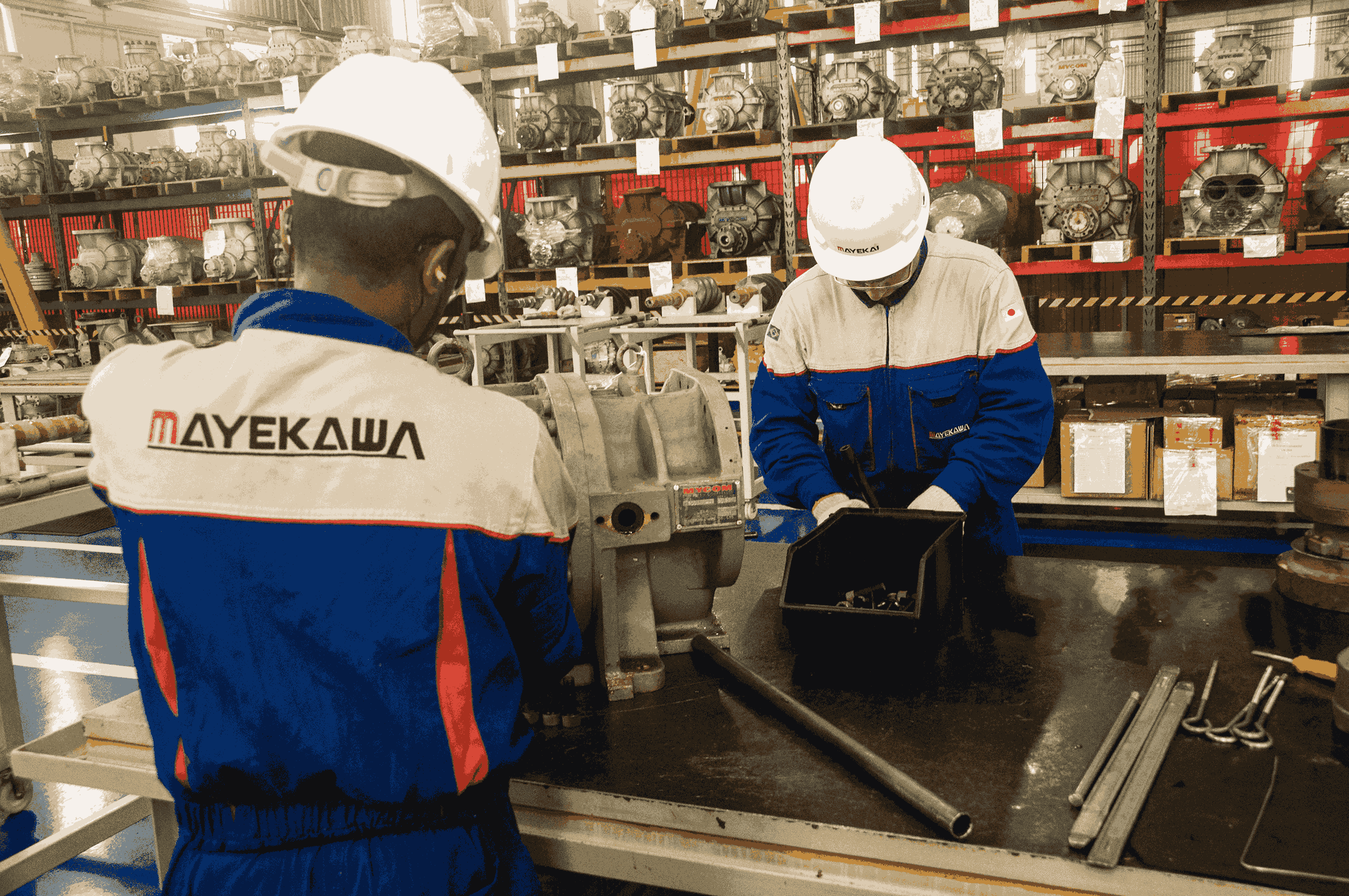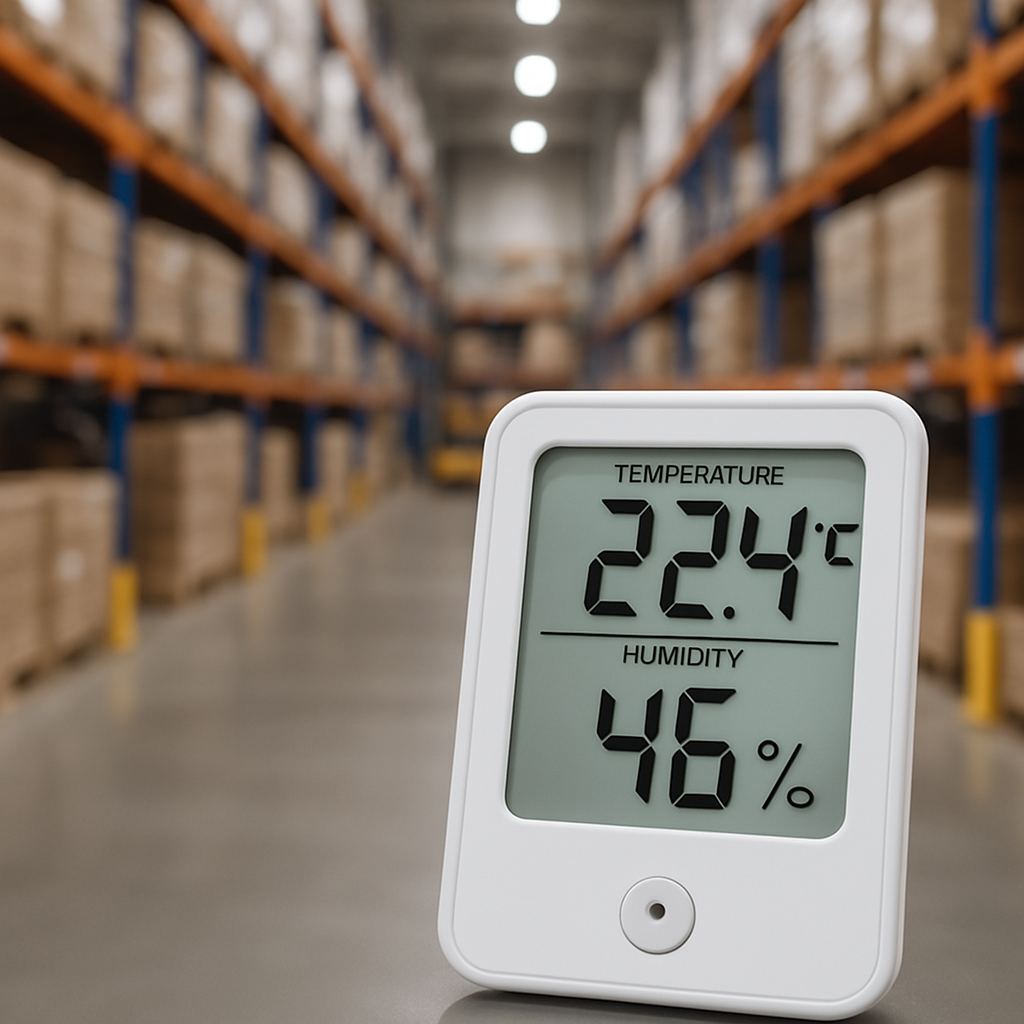In recent years, heat pumps have been gaining traction in various sectors, from industries to services, due to their energy efficiency and versatility. More than just a sustainable solution for climate control, these systems also play a crucial role in processes that require heating or cooling.
But what exactly are heat pumps, and how can they benefit your business? Let us explain everything in a simple and objective way.
What is a heat pump and how does it work?
An industrial heat pump is a system that transfers thermal energy from one environment to another, using natural sources such as air, water, or soil. Unlike traditional equipment that generates heat by burning fuels, a heat pump for industrial use extracts energy from an external source to heat or cool spaces, ensuring much more efficient energy consumption.
In summary, it works like an air conditioner, but with a powerful difference: it not only cools but also heats. This versatility makes it one of the most sought-after solutions in both industry and the service sector.
Applications of heat pumps in industry
Heat pump applications in industry are already part of many industrial processes. Here are some of the most common applications:
Drying Processes
Sectors such as food and textiles require controlled drying processes to ensure quality and efficiency. With high temperature industrial heat pumps, drying occurs steadily, avoiding sudden temperature fluctuations that could compromise the final product.
Production of Domestic Hot Water (DHW)
In factories and industrial facilities that require large volumes of hot water, heat pumps help reduce energy consumption and CO₂ emissions.
Climate Control in Industrial Spaces
Whether for warehouses, production plants or offices within the industrial environment, heat pumps maintain ideal temperature conditions throughout the year, providing thermal comfort and savings.
Cooling in Specific Processes
In addition to climate control, heat pumps are also used to cool equipment and industrial processes, especially in sectors such as pharmaceuticals and food production.
How the service sector benefits from heat pumps?
In the service sector, heat pumps stand out for their adaptability to different needs and spaces, such as hotels, gyms, hospitals, and offices.
Intelligent and Sustainable Climate Control
One of the greatest advantages of industrial heat pumps is their ability to provide heating in winter and cooling in summer, reducing environmental impact and optimizing operational costs. Hotels, for example, ensure guest comfort year-round without driving up energy bills.
Pool and Spa Heating
Gyms, wellness centers, and hotels with pools or spas can keep the water at the ideal temperature while using less energy.
Large Volume Hot Water
Hospitals, restaurants, and other establishments that require large quantities of hot water find heat pumps to be an economical and efficient solution.
Sustainability in Commercial Buildings
In addition to ensuring more comfortable environments, industrial heat pumps help reduce the carbon footprint in offices and commercial centers, making these spaces more sustainable.
Heat pumps: a smart investment for the future
Heat pumps go beyond just an alternative to traditional climate control systems. They represent a strategic choice for companies looking to save energy, reduce operational costs, and adopt sustainable practices.
With their versatility and high efficiency, this technology offers tangible benefits for both the industrial and service sectors, making it an excellent option for those who want to innovate and optimize resources. Now is the perfect time for you to discover Mayekawa’s best industrial heat pump manufacturers for your business.
If you’re ready to transform your enterprise and take advantage of the benefits of this technology, contact us and find out how Mayekawa can guide you on this journey toward the future. And to stay updated on all things energy efficiency, visit our blog and keep yourself informed.



